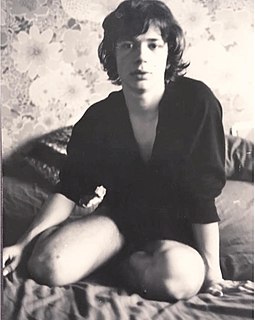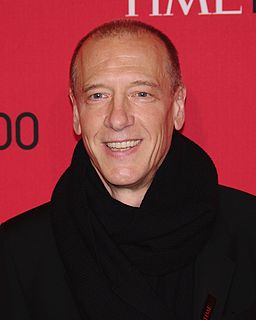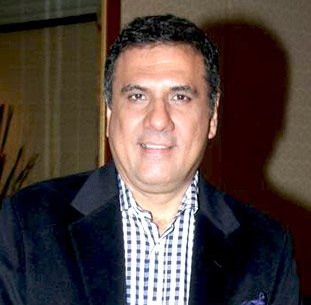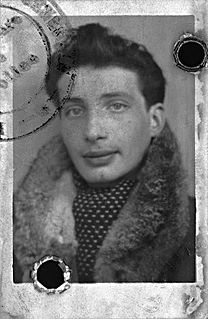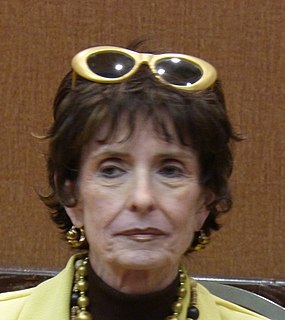A Quote by Olivier Zahm
Sven Schumann did an interview with photographer Wolfgang Tillmans in Berlin addressing the question: What is photography today when everyone is a photographer? These kinds of questions and answers you find in a magazine, on paper and not on Instagram. For me this is the essence of a magazine - it's questioning what's going on today and celebrating true creativity without compromise.
Related Quotes
There were just moments of the punk scene and I realized that I had to capture it. There was also this photographer in our preschool - I went to a Montessori school in Baltimore, Maryland - and they had this photographer come and take all these incredible photographs. They looked like they were from Life magazine.
A photographer is a witness. He has a moral duty. Every picture must be true and honest. I believe a photographer's strength is his ability to accurately record reality. There are photographers who think they are lucky if they find unusual or special subject. But it is never the subject that is so marvelous. It is how alive and real the photographer can make it.
I had done an interview with 'Hello' magazine. In it, they asked me if I was going to marry Emily Blunt. Of course, what was I going to say? I said, 'Oh yeah I am going to marry her and I love her and all of this stuff.' It's true. I was making a joke. They said to me, 'Have you asked her?' I said, 'Have I? Maybe I am asking her through the magazine.'
To us, the difference between the #? photographer as an individual eye and the photographer as an objective recorder seems fundamental, the difference often regarded, mistakenly, as separating photography as art from #? photography as document. But both are logical extensions of what photography means: note-taking on, potentially, everything in the world, from every possible angle.
